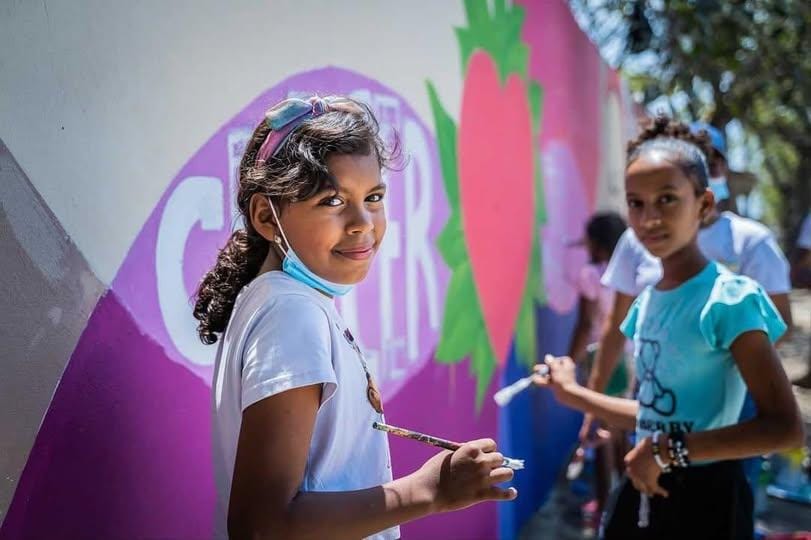By Laura Vanessa Manga García
Youth and social leader from Barranquilla, Colombia
In Colombia, youth ends by decree at 28. But in the reality of the Caribbean, where the river, the drum, and the street corner dictate a different rhythm, young life doesn't follow calendars.
Macondo of asphalt
In this Macondo of asphalt and smokeGrowing up isn't just about completing a biological cycle, but about surviving the noise, the rush, and the relentless heat. Here, youth isn't lived in silence: it's about dancing, improvising, and resisting. As Viktor Frankl said in Man's Search for Meaning: "Life never becomes unbearable because of circumstances, but only because of a lack of meaning." And for Caribbean youth, meaning is a drum that beats without ceasing.
The law that kills prematurely
But in Colombia, that momentum is interrupted by a legal technicality. Law 1622 of 2013 and its 2018 amendment decree that youth ends at age 28. As a result, scholarships, calls for proposals, and programs close the door just as many young people reach the maturity of their dreams.
In Europe, you're considered young until 35, in North America until 34. Here, however, the official calendar banished leaders and expelled those who still have the energy and vision to continue building. What Rossana Reguillo called "institutional adultcentrism" becomes a "civil death" for those who still breathe youth but are treated as adults by decree.
Leadership that doesn't expire
The paradox is cruel: at 28, youthful leadership doesn't die, it flourishes. Erik Erikson pointed this out decades ago: it's between 20 and 30 that identity, relationships, and life plans are consolidated. In Barranquilla, this truth is evident in every mural in the Southeast, in every cultural rally in Rebolo, in every community library in La Luz.
Youth is not simply a matter of age: it is resistance, creativity, and resilience. It is what Zygmunt Bauman would call an attempt to maintain identity amidst the fluidity of modern times.
A late country
Colombia is always late: to peace, to modernization, to inclusion. For young people, this delay is doubly cruel. When they finally gain access to opportunities, the clock of established norms already tells them the party's over.
Gabriel García Márquez summed it up ironically: “There is no medicine that can cure what happiness cannot.” And in this country, the happiness of exercising youthful leadership is often cut short by an arbitrary date on the calendar.
Towards a new intergenerational pact
We need a different pact. As Paulo Freire said in Pedagogy of the Oppressed: “No one liberates anyone, no one liberates themselves alone: human beings liberate themselves in communion.” Youth should not be an age-related privilege, but a collective process of learning and transformation.
Extending the youth age range to 35 years old —as in other latitudes— is not just adjusting the law, it is recognizing the reality of a late-developing country, where leadership flourishes late, but with strength.
The finale
Youth in Colombia doesn't die at 28: it dies when we stop dreaming, when we abandon the idea that it's possible to transform our reality. That's why this isn't a complaint: it's a Caribbean manifesto.
Let the whole country hear this: youth has no expiration date. As long as there's a drum beating in the neighborhood, a street corner painted with colors, and a young person who decides to rise up and fight, youth will live on, even if the law says otherwise.
References cited: Frankl (1946), Erikson (1968), Freire (1970), Bauman (2000), Acosta (2012), Reguillo (2000), European Union (2019).






